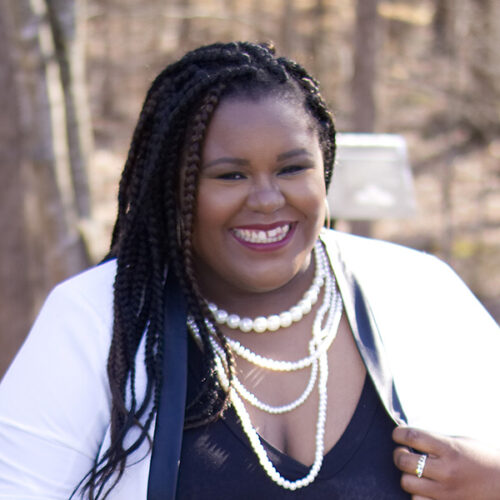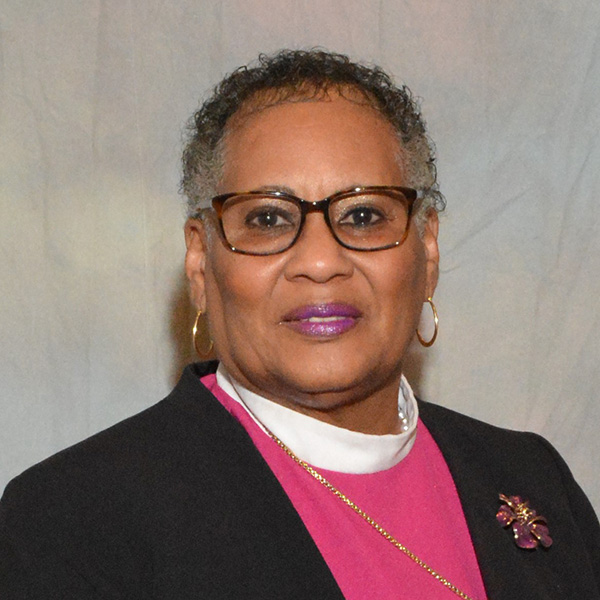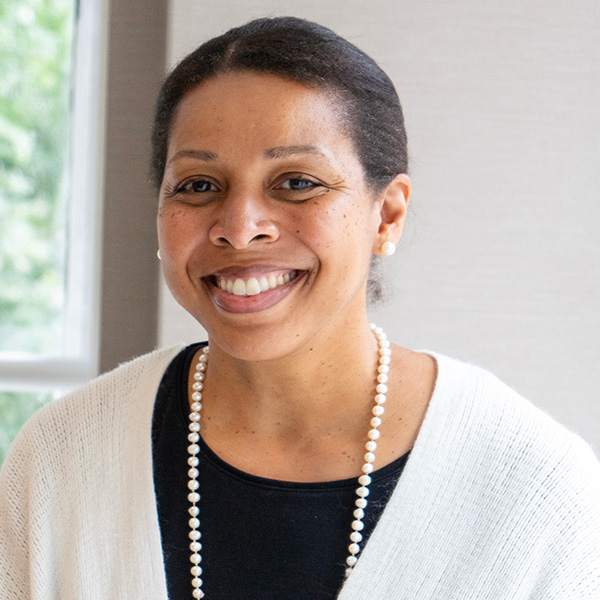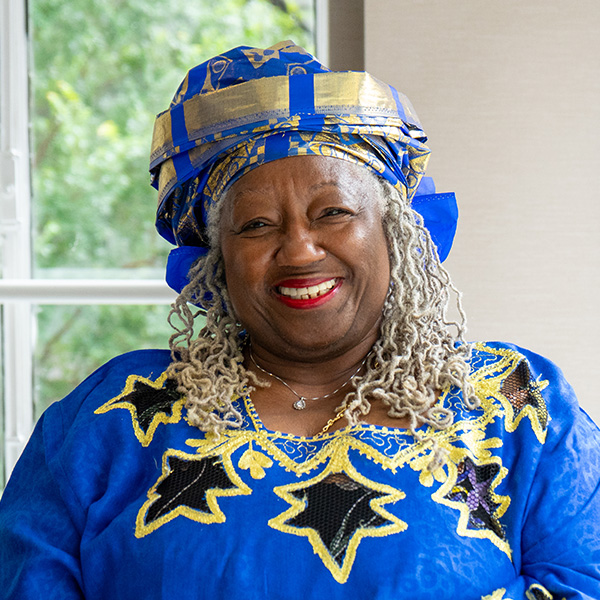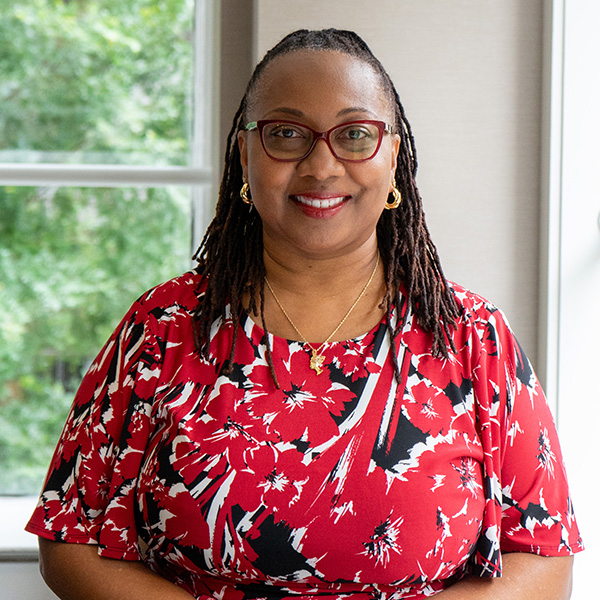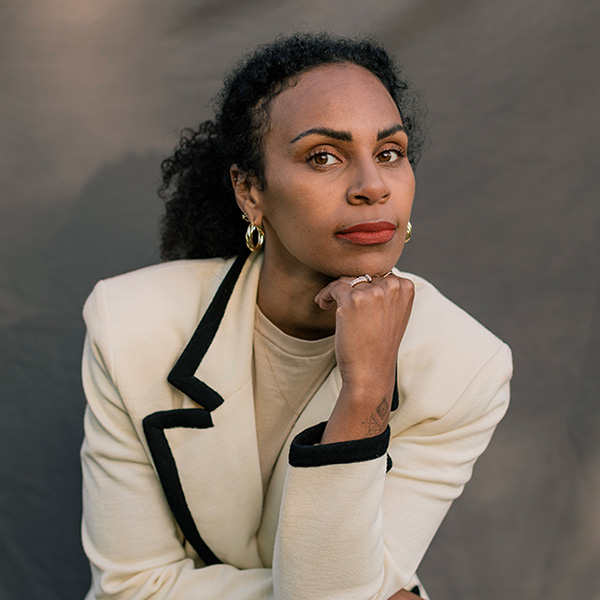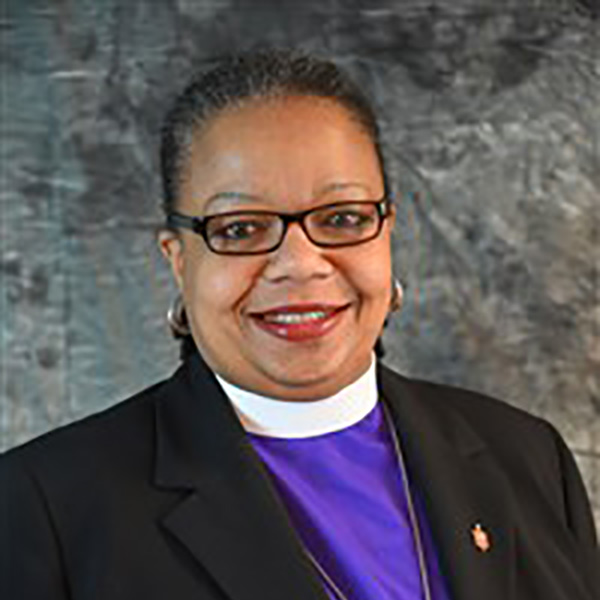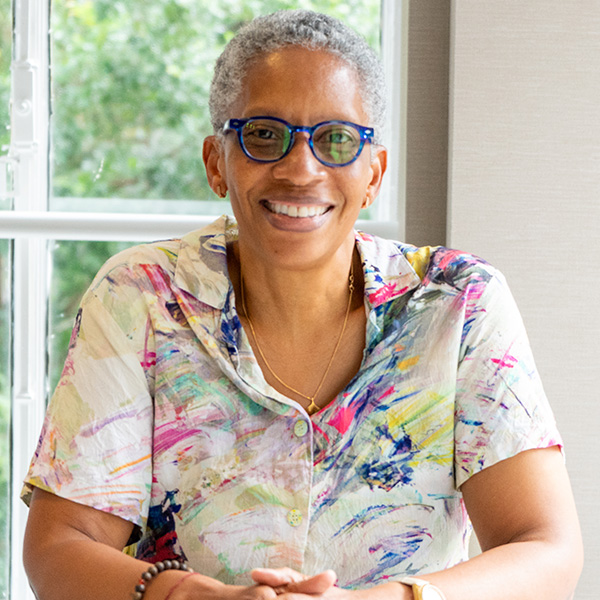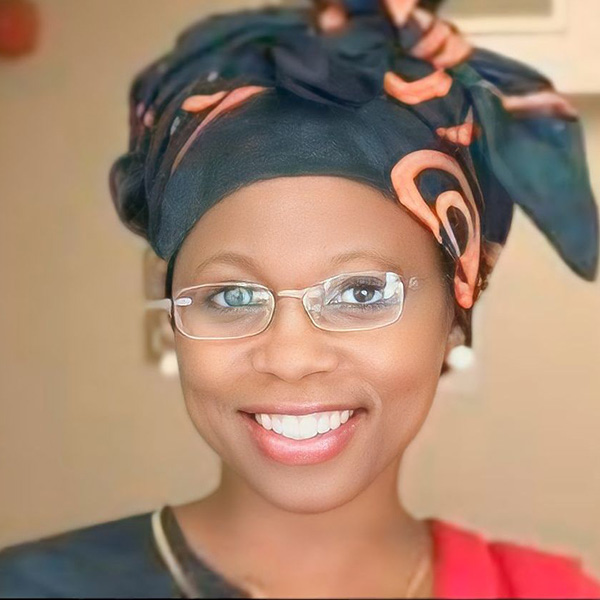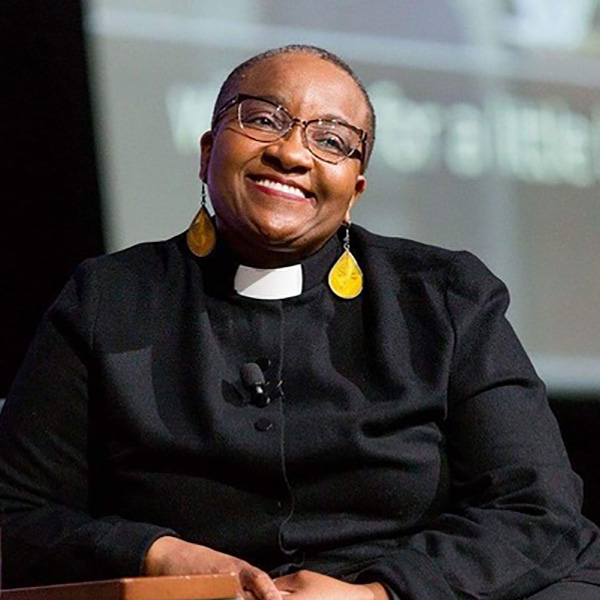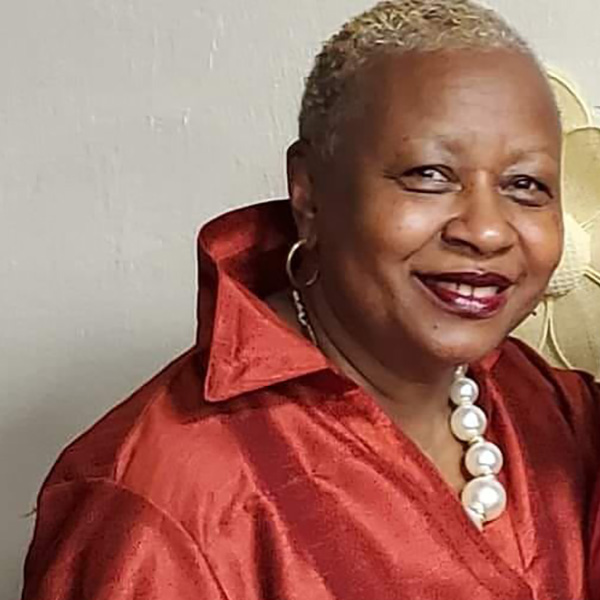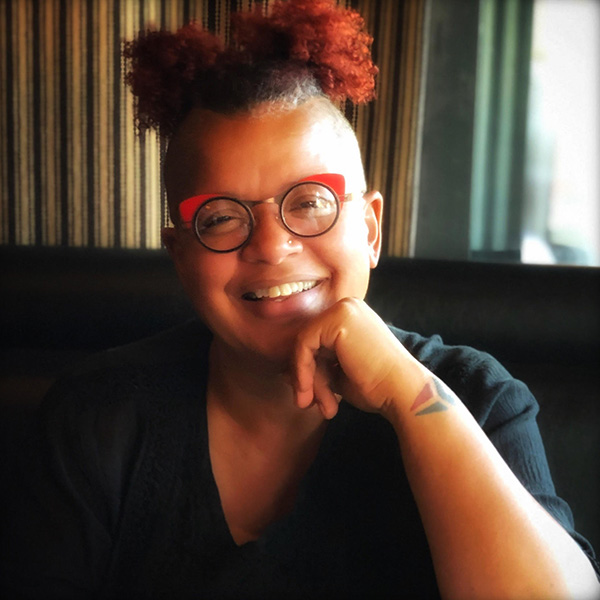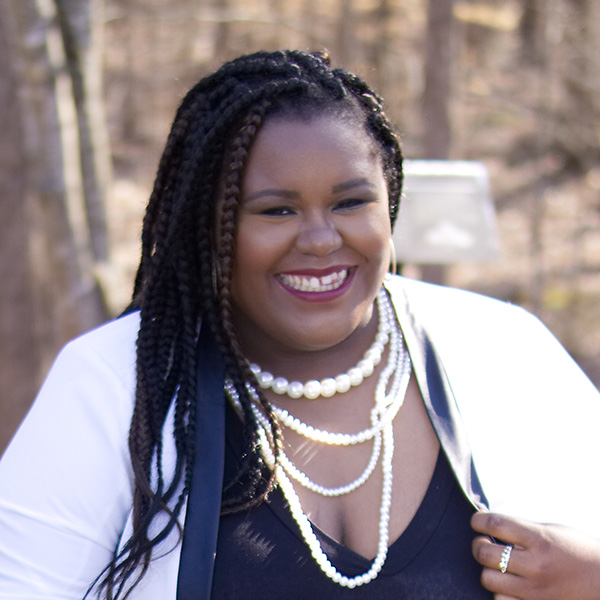Biography
Early Life
Danyelle Thomas grew up immersed in the church. Her father was a preacher. Her mother was a ministry leader. Their influence shaped her life. The Black church was the cornerstone of her faith. It provided a foundation that was nurturing and formative. Danyelle’s understanding of the world expanded beyond the confines of church walls. She began to experience a disconnection from the very faith that had once been a source of comfort. The familiar became foreign as she confronted traditional church practices. Ingrained in these practices was anti-blackness, sexism, homophobia, racism, and classism. This prompted her to reframe her beliefs and love for God in a way that aligned with her evolving worldview. It led her to decolonize her faith.
Danyelle’s academic journey further shaped her perspective. She earned a Bachelor of Arts in African American Studies. She pursued an advanced degree in Social Policy. She drew on the influences of her successful novelist mother and her outspoken father. She navigates contemporary social issues and theological discussions. This has allowed her to connect with a global audience. Her insightful writings have been featured in numerous platforms. These include xoNecole, also Young, Black, & Married, and the Huffington Post. Her writing showcases her unique voice and timely perspective.
Religious Faith & Activism
D. Danyelle Thomas is affectionately known as Passuh Dany. She is a multifaceted Black Christian+ faith leader. She is known for her work as a Spiritual Doula, diviner, and conjurer. She founded Unfit Christian in 2016. There she focuses on decolonizing Christianity. Her goal is to create a more inclusive and liberating faith for marginalized communities. Her work challenges traditional faith structures that perpetuate oppression. She advocates for a vision of faith rooted in love, justice, and liberation.
Danyelle is a Spiritual Doula. She collaborates with her clients in their spiritual journeys. Danyelle sees her role as one of nurturing and supporting those undergoing spiritual transformation. Her approach encourages individuals to deconstruct or reconstruct their beliefs with intention. She empowering them to question motivations and navigate challenges with clarity. She offers unwavering support. She guides clients through their most difficult moments. She co-creates a path with them that aligns with their goals and values. This trauma-informed framework fosters an intimate and personalized process of spiritual growth. It helps clients to walk in their embodied power.
Danyelle discusses decolonizing faith. She unpacks the harmful systems embedded in traditional Christian teachings. She questions why Black people, particularly women, have been historically excluded from seeing themselves reflected in God. She questions how faith has been used to reinforce hegemonic control. For her, decolonizing Christianity means going beyond deconstruction. It requires dismantling the systems of oppression that harm marginalized people. Danyelle believes that this process is an act of love. She calls for accountability and commitments to make the world a more just place. Through her podcast “Faith for Normal People,” she explores these ideas further. She advocates for a shift in beliefs that makes room for everyone at the cross. She challenges discrimination based on race, gender, and sexuality.
For her, decolonization is not just about theological shifts. It is about creating practical ways to dismantle systemic oppression in our everyday lives. She calls for Christians to engage with voices outside the faith. She calls for Christians to listen to those who have been harmed by traditional religious practices. She call for a commitment to making the world more inclusive. For her, this act of love is the true expression of faith.
Danyelle’s approach integrates Christian traditions with African spiritual practices. She aims to foster social change and liberation for all individuals. She believes in the importance of exploring diverse ways of engaging with God and spirituality. She rejects rigid definitions of what it means to be a “good” or “perfect” Christian. Her work encourages people to embrace the dualities within themselves. These include sacred and secular, masculine and feminine, sexual and spiritual. These aspects collectively contribute to our holistic humanity and spirituality.
Unfit Christian has become a powerful force in reshaping how faith is understood and practiced. It has especially been influential among Black Millennials.
Her upcoming book, The Day God Saw Me as Black, focuses on thoughtful engagement with faith and identity. She continues to inspire others to reimagine Christianity as a force for liberation rather than oppression.
